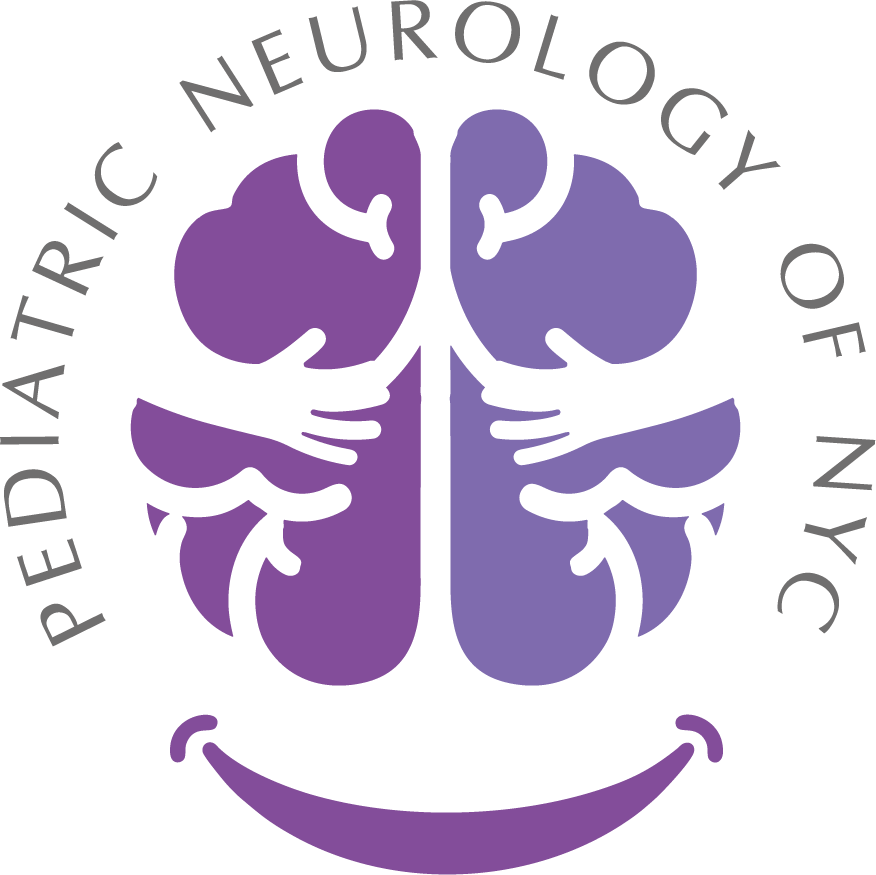Concussions
Concussions Treatment in NYC
When we talk about concussions in children, we’re delving into a topic that’s both delicate and crucial. A concussion is a form of mild traumatic brain injury, often resulting from a bump, blow, or jolt to the head. In the bustling playgrounds and sports fields of childhood, these incidents can sometimes occur. It’s not just about the physical impact—concussions can affect a child’s cognitive functions, emotions, and even sleep.
At Pediatric Neurology of NYC, led by the knowledgeable Dr. Jamie Lee Palaganas, we specialize in the comprehensive care and management of concussions. Our goal is to guide your child through their recovery while keeping you, as parents and caregivers, fully informed and involved in the process.
Our practice offers a nurturing environment where children can receive thorough evaluations and personalized care plans. We understand the urgency of addressing head injuries and strive to provide prompt appointments to assess and manage concussions effectively.
What exactly is a concussion?
A concussion is essentially a mild form of brain injury. It occurs when a forceful impact leads to the brain moving within the skull, affecting brain function. Signs can be subtle and don’t always include losing consciousness.
Home » Concussions
What are the symptoms of a concussion?
Concussions, especially in children, can sometimes show minimal symptoms and not be immediately apparent. At Pediatric Neurology of NYC, we emphasize the importance of awareness and early recognition of concussion symptoms. Parents, teachers, and caregivers play a vital role in identifying these signs. Here are key symptoms that may indicate a child has suffered a concussion:
Headache:
Often described as a ‘pressure’ feeling or a persistent ache in the head.
Confusion or Feeling Dazed:
Children might appear dazed or stunned and might be slow to respond to questions.
Dizziness or Balance Problems:
A sense of unsteadiness or difficulty in maintaining balance.
Nausea or Vomiting:
These symptoms can occur soon after the injury.
Sensitivity to Light and Sound:
A newfound intolerance to bright lights or loud noises.
Blurred Vision:
Difficulty focusing or complaints of vision not being ‘right’.
Difficulty Concentrating:
Challenges in focusing on tasks or remembering new information.
Mood Changes:
Irritability, sadness, or emotional shifts that are unusual for the child.
Sleep Disturbances:
Changes in sleeping patterns, including sleeping more or less than
If you suspect your child has a concussion, it’s crucial to seek a professional medical evaluation. We’re here to help guide you through the process, ensuring your child receives the best possible care for a healthy recovery.
How do we diagnose concussions?
At Pediatric Neurology of NYC, we begin with a detailed assessment of the incident and symptoms. This may include neurological examinations, cognitive tests, and, in some cases, imaging studies like an MRI or CT scan. We take a comprehensive approach to ensure an accurate diagnosis.
What’s involved in concussion treatment?
Treatment for concussions is personalized. Initially, it often involves rest and limiting activities that require concentration and mental strain. As your child recovers, we gradually reintroduce activities. We also provide guidance on preventing future concussions and when it’s safe to return to normal activities, including sports.
Can children fully recover from concussions?
Most children do recover fully from concussions. The key is early evaluation and appropriate management. We emphasize close monitoring during recovery and collaborate with you to support your child’s safe return to their daily activities.
If your child has experienced a head injury or you suspect they might have a concussion, don’t hesitate to reach out to us at Pediatric Neurology of NYC. Dr. Jamie Lee Palaganas and our caring team are committed to providing expert, compassionate care tailored to your child’s needs. Contact us to schedule an appointment and begin the journey to recovery.
